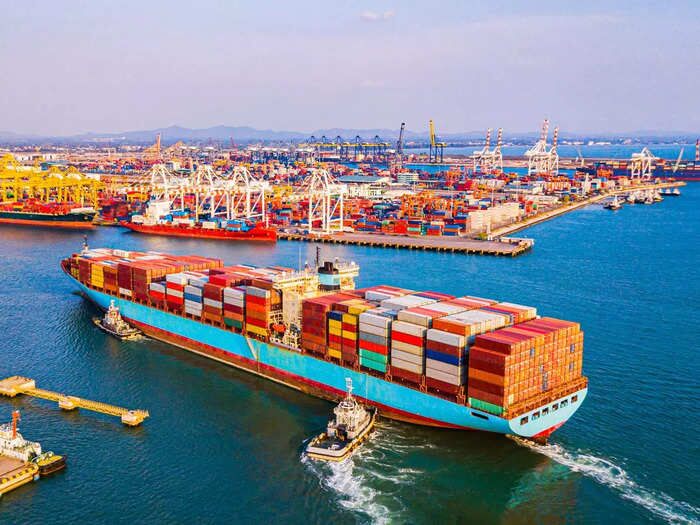At the International Maritime Organization (IMO) last week, countries reached an agreement on the need to put a carbon price on shipping emissions.
The decision to decarbonise the industry is coming after more than a decade of resistance, which campaigners have hailed as a “major breakthrough”.
According to a summary by the University Maritime Advisory Services (UMAS), which is partnered with University College London’s (UCL) Energy Institute, the meeting concluded that there was consensus to price shipping emissions “as part of a basket of mid-term measures”.
There was also general support for adopting a “well-to-wake” approach and pricing emissions from fuel production to consumption on board a ship.
Read also: Study shows climate change will harm sleep
Reacting to the latest breakthrough, Tristan Smith, director of UMAS, said “[Pricing shipping emissions] is not a new concept to the IMO, but previous attempts to progress it has failed. It is, therefore, a huge step forward that there is no consensus on this”.
A meeting of the IMO’s environment committee (MEPC) next month is expected to discuss market-based, decarbonisation measures on the table including technical ones, like introducing a fuel standard, as well as economic ones, like setting a global carbon tax for the industry. Speaking further, Smith said that pricing needs to be complemented with a mandatory measure like a fuel standard, but there is now a much-improved potential for strong IMO incentivisation of shipping’s decarbonisation.
Responsible for nearly 3% of global emissions, ships emit around one billion tonnes of CO2 every year,” he said. “Without further action, shipping emissions are projected to reach 90-130% of their 2008 levels by 2050”.
Story was adapted from Climate Home News.
